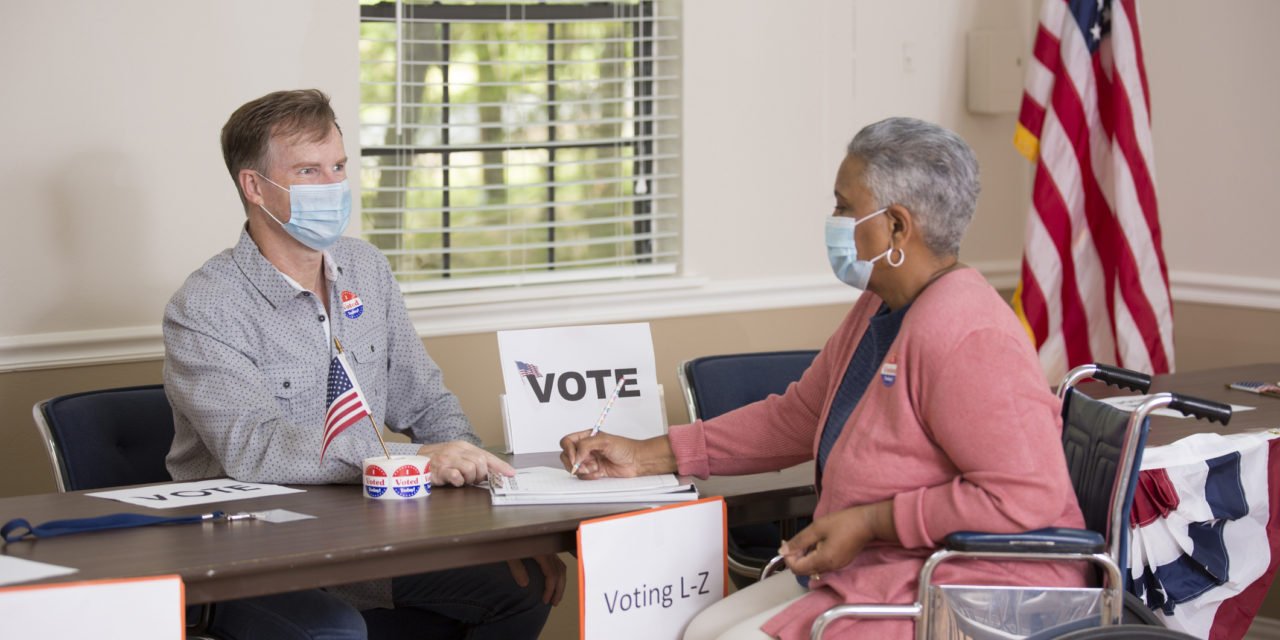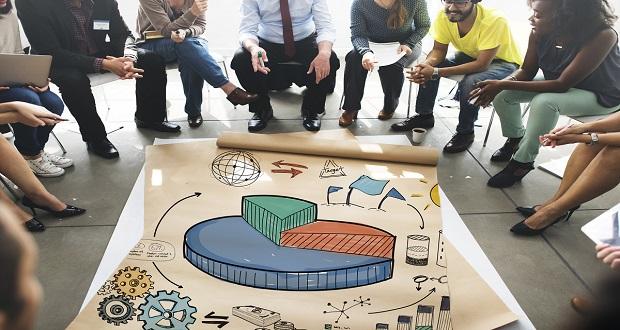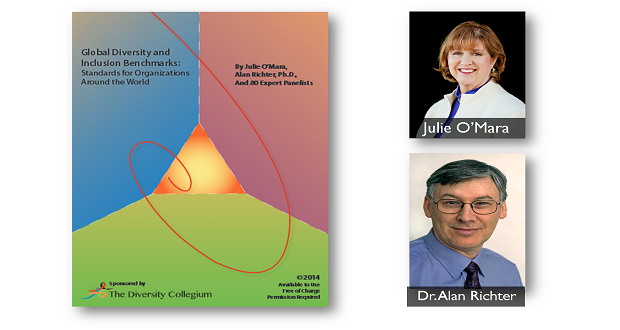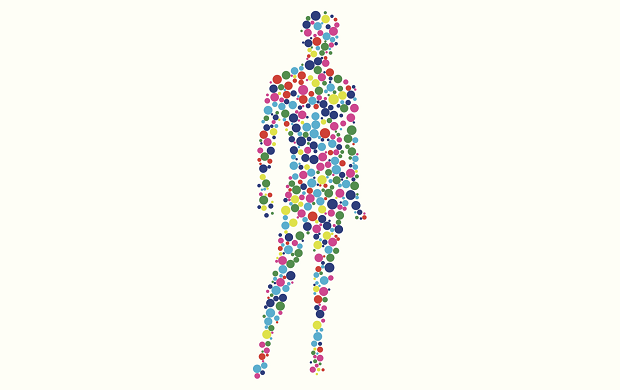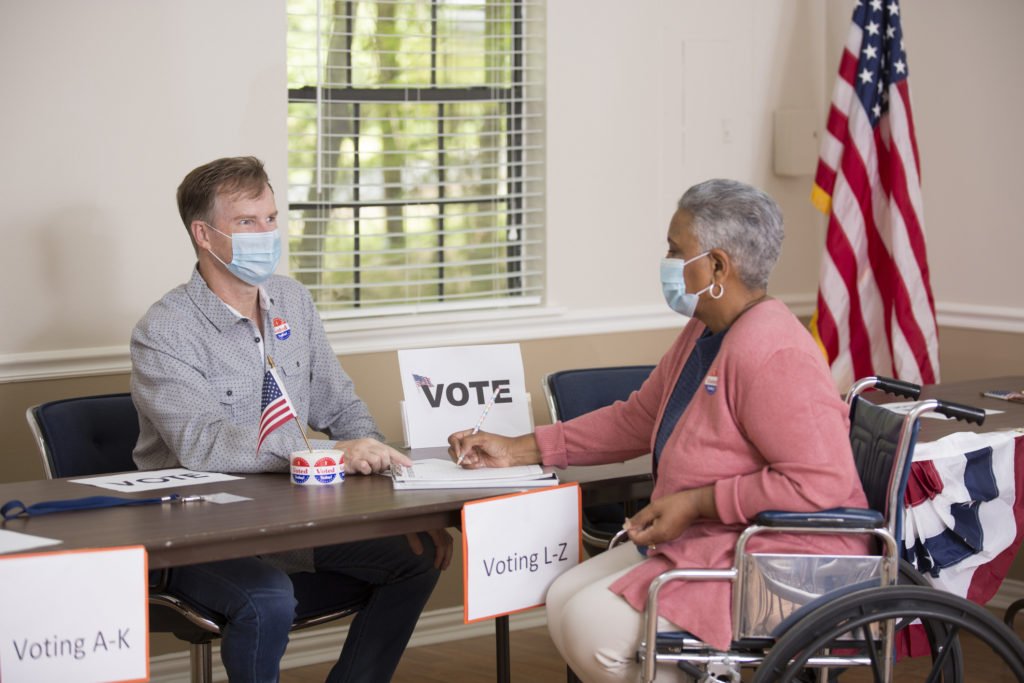
If you know me, it was an easy ‘yes’ to sign up to be a poll worker. As I mentioned before, voter oppression is REAL and I wanted to find ways to practice what I preach. So, the least I could do was use the time off (Thanks, The Winters Group!) to serve my community. After all, it seemed like a much better option than ruminating about my fears and anxieties: what better way than to be behind the polls, instead of watching numbers slowly change on a screen.
Little did I know that these 15 hours of checking in voters, answering questions, assisting with ballot machines and provisional voting, and passing out the (in)famous “I voted stickers,” would bring so much underlying meaning to the numbers we see on the screens, the results that come up on the polls. There is so much more that goes into the vote — good, bad, ugly, and weird. Here are some of my main takeaways:
1.) Trust is the best form of voter empowerment.
Poll workers are given the responsibility of making sure that EVERY vote has the best chance of being counted. For people who have moved, showed up to the wrong location, etc., it is all done by hand and every detail needs to be filled out correctly for the vote to get processed and approved. I had to check myself many times that I was not being biased in my interactions and assumptions about people’s situations, because at the end of the day, the voter has to trust that I want their vote to count regardless of whom they are voting for. For example, I checked in a man who lost all trust in the system when he saw that he would be forced to vote provisionally since the system showed that he received an advanced ballot, but insisted he never had and didn’t even know how to register for one. He was rightfully frustrated and emotional. He was about to walk out when I stopped him and talked to him about how his vote will still count just like any other vote. I had to establish trust with him one–on–one. What I didn’t mention is we were the only two people of color in the room at the time, and he went ahead after much encouragement and completed his ballot. I could have easily let him walk away — after all, we can’t force people to vote. But this really made me think about how trust and mistrust alike are built over time — and when you don’t see people like you voting, people like you in charge of the process, building trust in the process will take longer.
Trust and mistrust alike are built over time —and when you don’t see people like you voting, people like you in charge of the process, building trust in the process will take longer. Share on X2.) We say voting is for all citizens, yet these walls weren’t built for all.
I hadn’t really thought about this until I received my polling location — a local Knights of Columbus chapter, a Catholic service fraternity named after, you guessed it, Christopher Columbus. This got me thinking about how deeply ingrained and colonized our voting process is. For example, how would it feel for an indigenous member of the tribal land that this polling place was built on (even more irony is that the town I was in is named after the tribe), was told to come cast your vote and use your voice at a polling location that reveres and upholds someone who took away your voice in the first place? How are we re-traumatizing voters who would, on any other occasion, not feel welcome? Think religious institutions for folks who are of different or no faith and non-heteronormative gender and sexual identities, buildings with little access for folks with disabilities, and, like my location, places that silence the deeply troubling history of colonialism for indigenous folks. I don’t have the solution, but I hope election offices and county officials rethink what is acceptable when determining polling locations, beyond logistical reasoning.
3.) Voting isn’t about winning. It is about making sure your voice is woven into the fabric of this country.
It isn’t new rhetoric that “people” take voting “for granted,” “cheat the system,” aren’t “doing enough,” and “don’t care.” Sure, some people might think this way, and I admit I often find it easier to find a “reason” when facing turbulence, tension, disappointment and disempowerment, as many of us have felt this year for many reasons. But being behind the polls proved me completely wrong. I realized that these so-called strangers deserve more than my surprise. The “people” are not lazy. They care deeply and are going above and beyond to cast their ballot.
The 'people' are not lazy. They care deeply and are going above and beyond to cast their ballot. Share on XI met a woman who literally ran from her job to the closest polling location she could find because she wasn’t going to make her assigned location in time. I met a mother who has repeatedly had her vote invalidated for a decade due to complications with her address being anonymous in order to protect her family from domestic violence. This year she finally got to have her vote counted after years of coming in person to vote. I saw first time voters young and old, a healthcare professional brought to tears of gratitude after voting, and saw a voter come in to cast his ballot for the first time in 36 years. I witnessed many voters go back and forth from various polling locations due to county clerical errors, frustrated and annoyed, but still finishing the process with a smile on their face. The truth of the matter is, being a poll worker put a new perspective to the “why” behind voting. There is no way of knowing who these people voted for, yet all I can feel is joy to see that members of my community are being heard. Where can we extend more grace and accountability to “the people” — not just our social and professional circles? How can we help each other weave a fabric that has more texture, colors, patterns? How dare anyone doubt the validity of your vote, your voice.
I saw first time voters young and old, a healthcare professional brought to tears of gratitude after voting, and a voter come in to cast his ballot for the first time in 36 years. Being a poll worker put a new perspective to the… Share on XIn a world of elephants and donkeys, red and blue, percentages, pie charts, and predictions, we sometimes forget about the essence of humanity and the values of democracy. I encourage you all to inquire about working for your election office in whatever capacity. It’s not easy, but it’s worth it.

